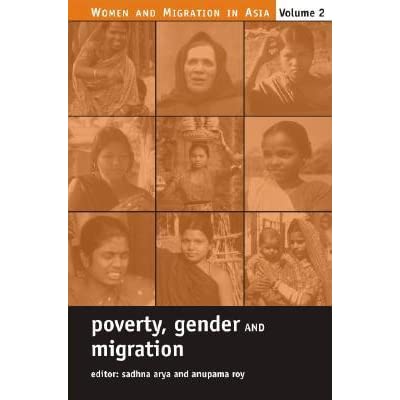
Mountains are facing growing environmental, social, and economic challenges. Accordingly, effective policies and management approaches are needed to safeguard their inhabitants, their ecosystems, their biodiversity, and the livelihoods they support. The formulation and implementation of such policies and approaches requires a thorough understanding of, and extensive knowledge about, the interactions between nature and people particular to mountain social-ecological systems. Here, we applied the conceptual framework of the Intergovernmental Science-Policy Platform on Biodiversity and Ecosystem Services to assess and compare the contents of 631 abstracts on the interactions among biodiversity, ecosystem services, human wellbeing, and drivers of change, and formulate a set of research recommendations. Our comparative assessment of literature pertained to the Andes, the East African mountains, the European Alps, and the Hindu Kush Himalaya. It revealed interesting differences between mountain systems, in particular in the relative importance given in the literature to individual drivers of change and to the ecosystem services delivered along elevational gradients. Based on our analysis and with reference to alternative conceptual frameworks of mountain social-ecological systems, we propose future research directions and options. In particular, we recommend improving biodiversity information, generating spatially explicit knowledge on ecosystem services, integrating knowledge and action along elevational gradients, generating knowledge on interacting effects of global change drivers, delivering knowledge that is relevant for transformative action toward sustainable mountain development, and using comprehensive concepts and codesigned approaches to effectively address knowledge gaps. ©